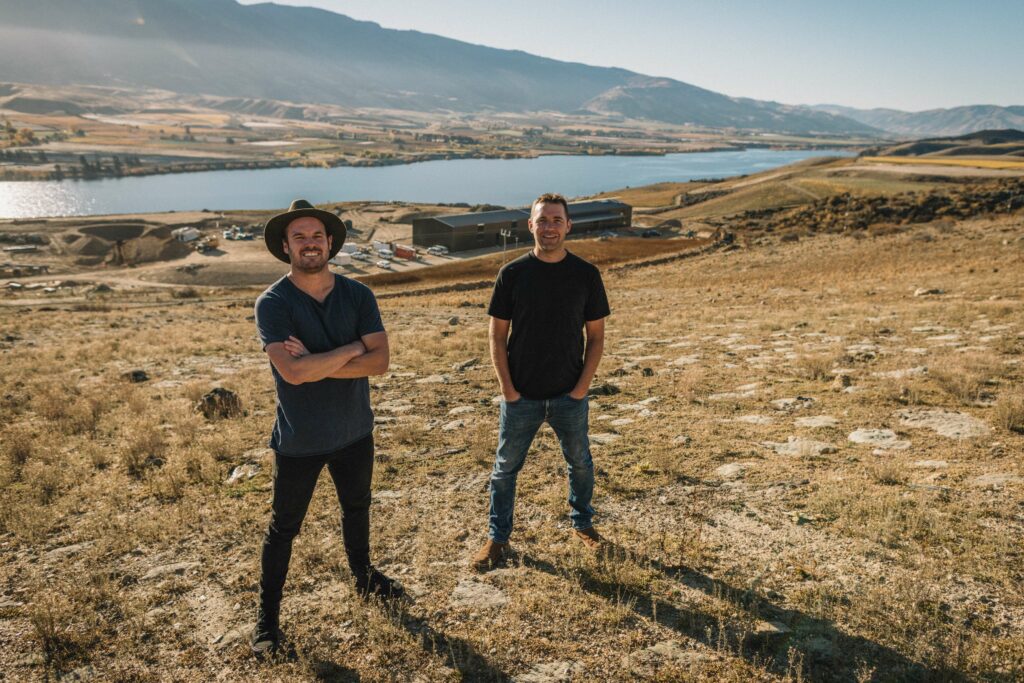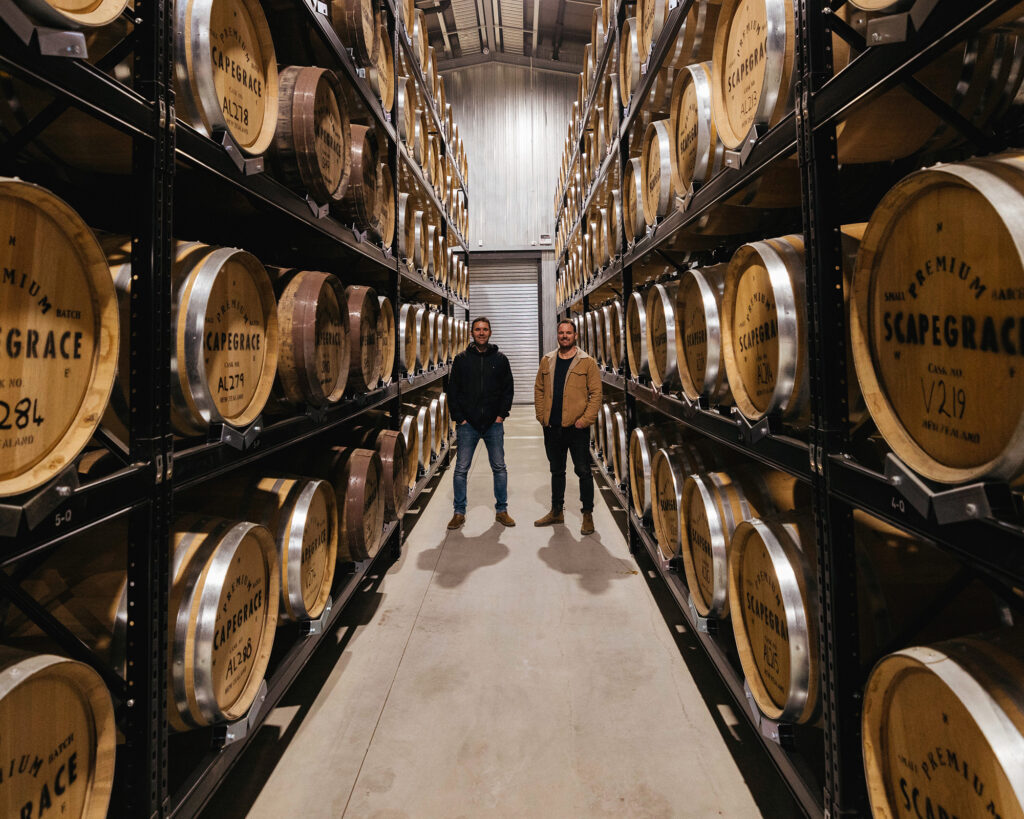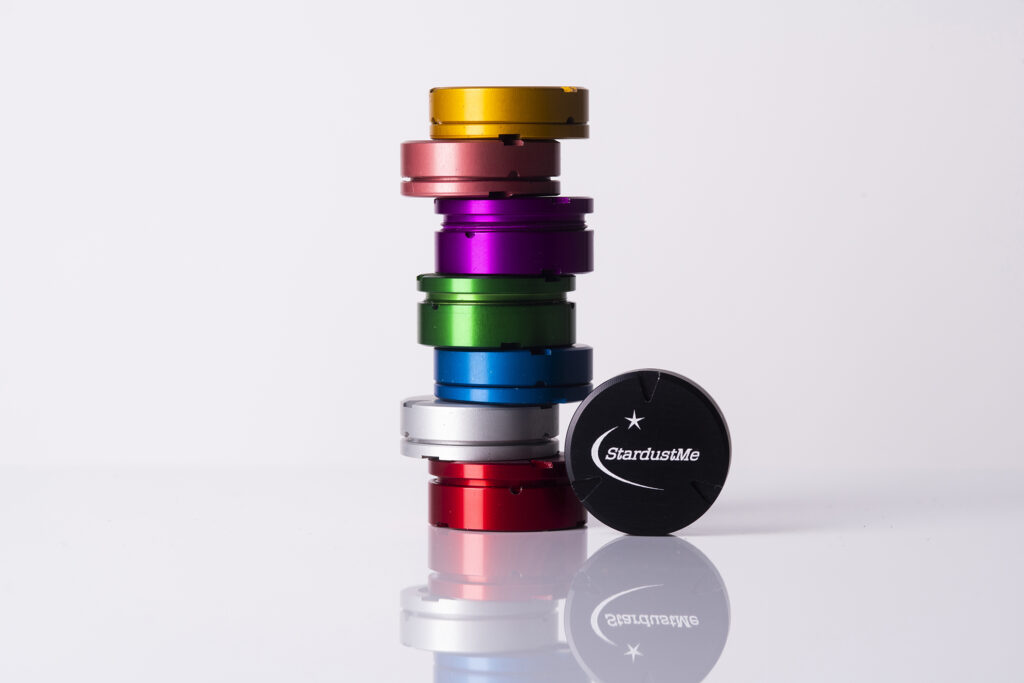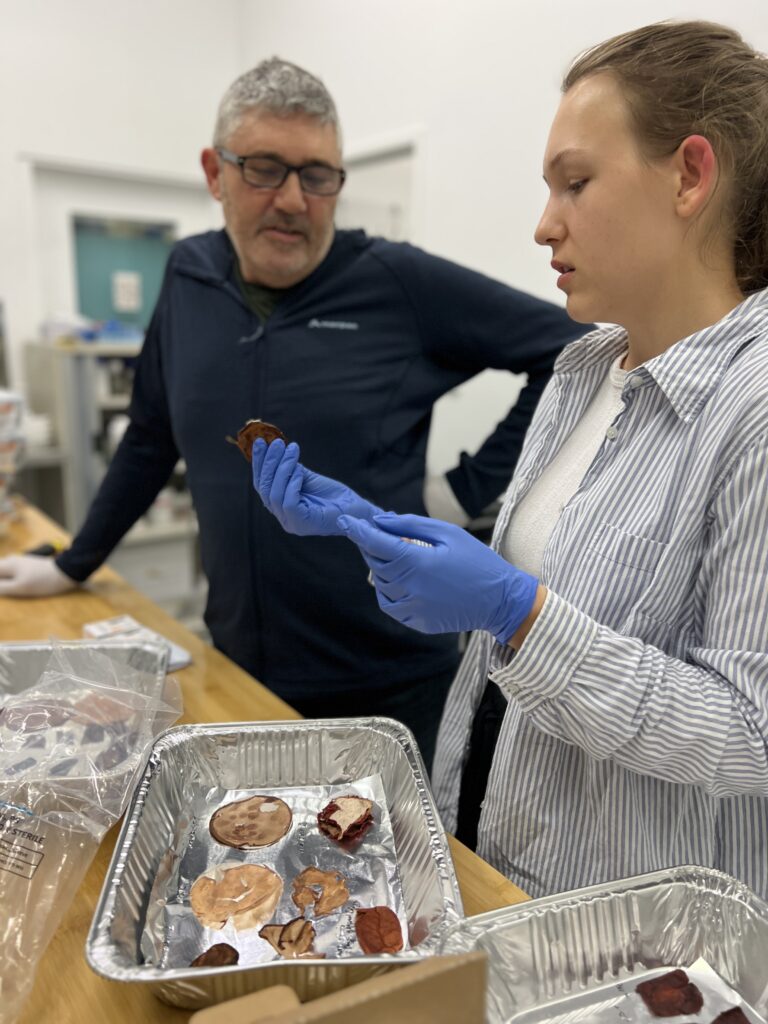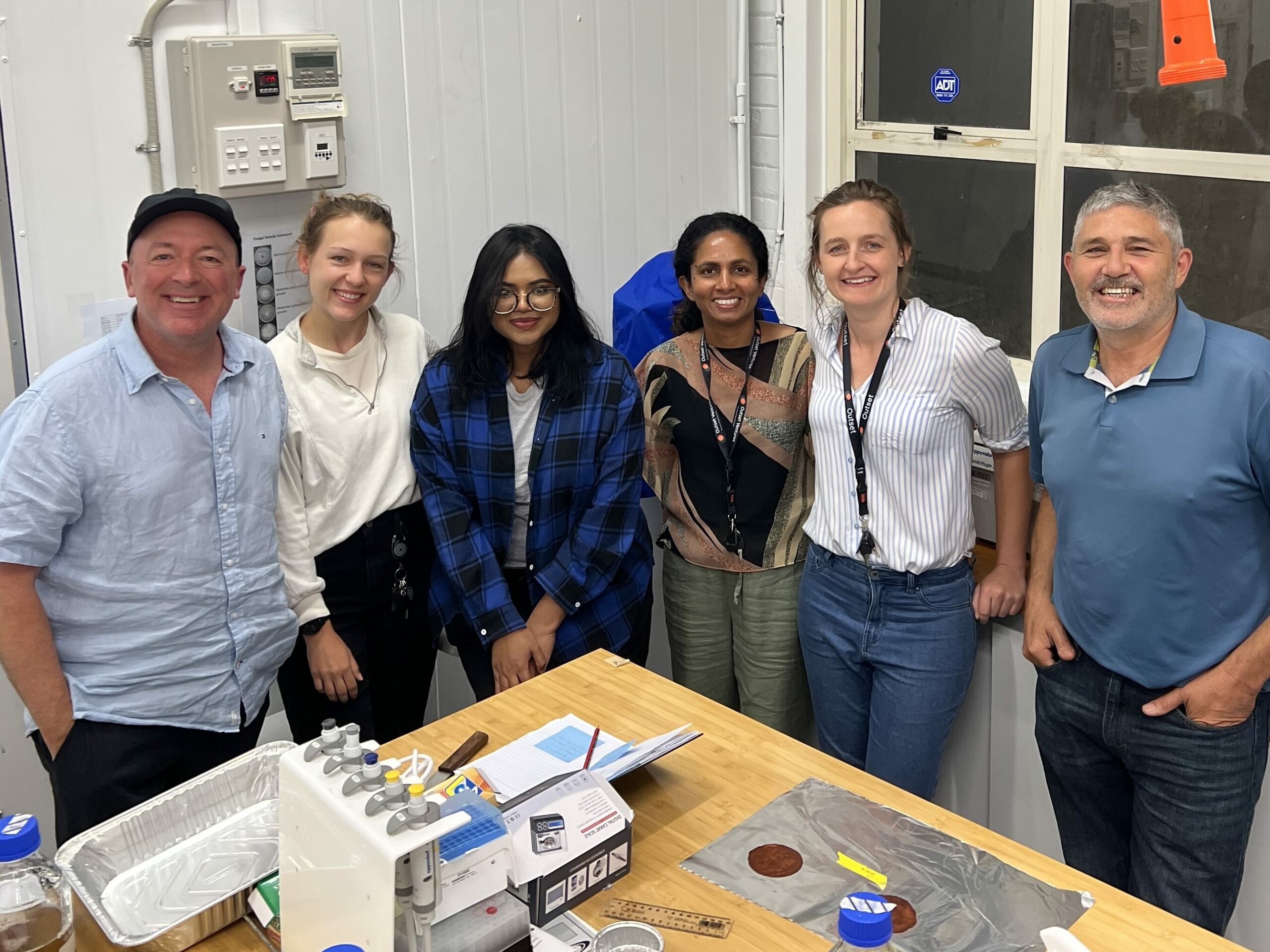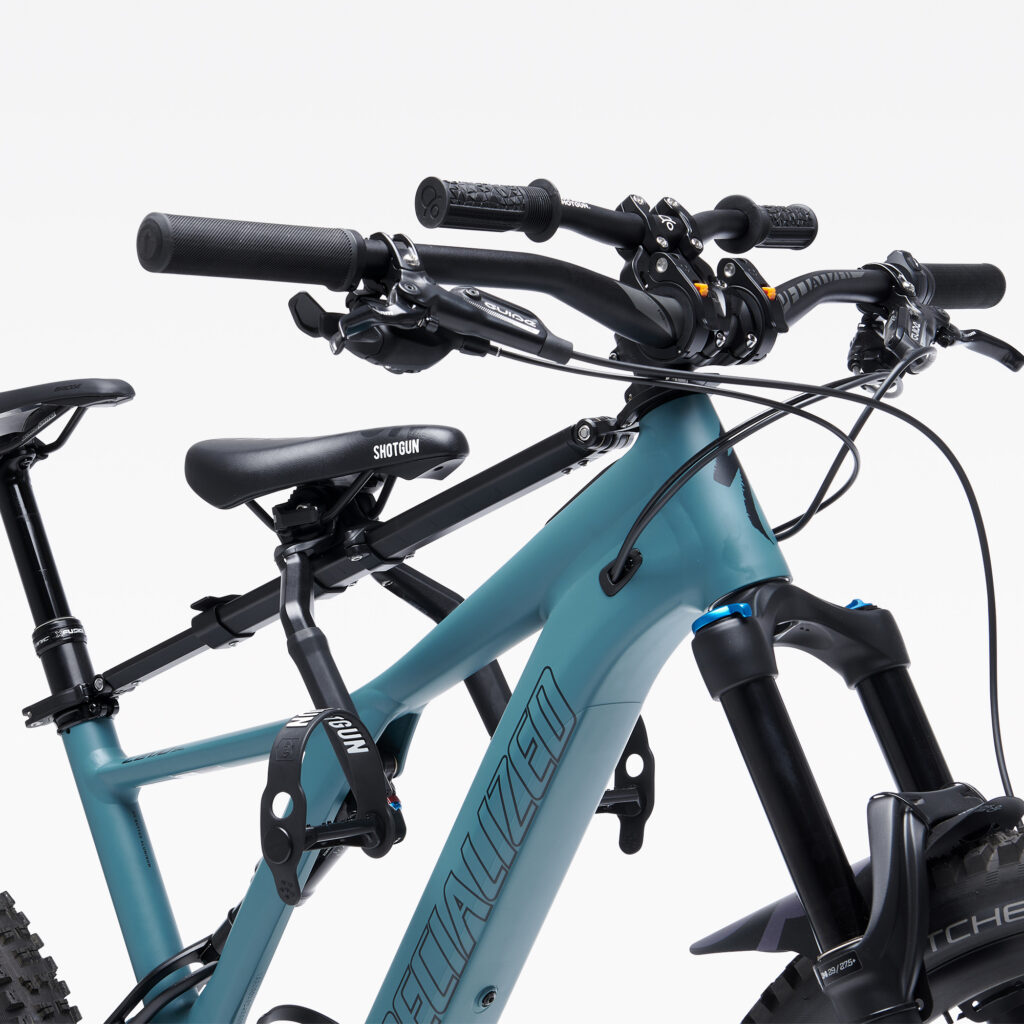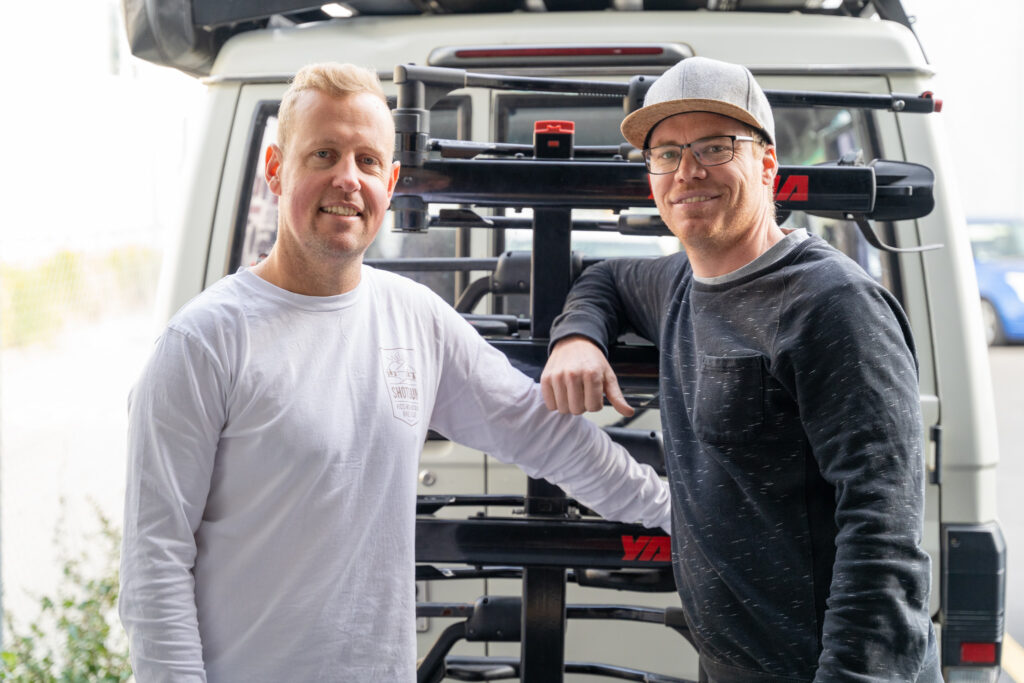When he was a year old, Anvil’s father was diagnosed with polio which resulted in the deterioration of muscle in his left leg. Despite this, his father continued to pursue his dreams of becoming a powerlifting champion, starting his own gym, and raising a family. Growing up and witnessing his fathers resilience first hand gave Anvil the passion to want to make a difference for those living with a disability. A Mechanical Engineer with an Engineering Officer background with the Royal New Zealand Air Force, Anvil launched Dennisson Technologies in the middle of the Covid lockdown.
“The lockdown gave me the opportunity to really delve into how I could best help my dad and others like him. Dennisson Technologies is focused on actuators, the part of a device or machine that helps it to achieve physical movements by converting energy into mechanical force. Actuators tend to be bulky, heavy, rigid and expensive due to their high complexity. But nature’s actuators are muscles. Muscles are powerful yet compact, lightweight, silent and flexible.”
Dennisson Technologies has patented a world leading technology called AURAFLEX, which is an actuator inspired by human muscle. The technology harnesses the power of smart material technology (materials that are designed to move or change shape as a response to external stimuli). When irradiated with bright light, it contracts pulling weight several hundred times its own within seconds. This contraction distance can be varied from 0-30% its length, enabling new functionalities within Soft Robotics and Wearable Technologies to become possible. But Anvil says being on the cutting edge of technology also means dealing with a raft of challenges.
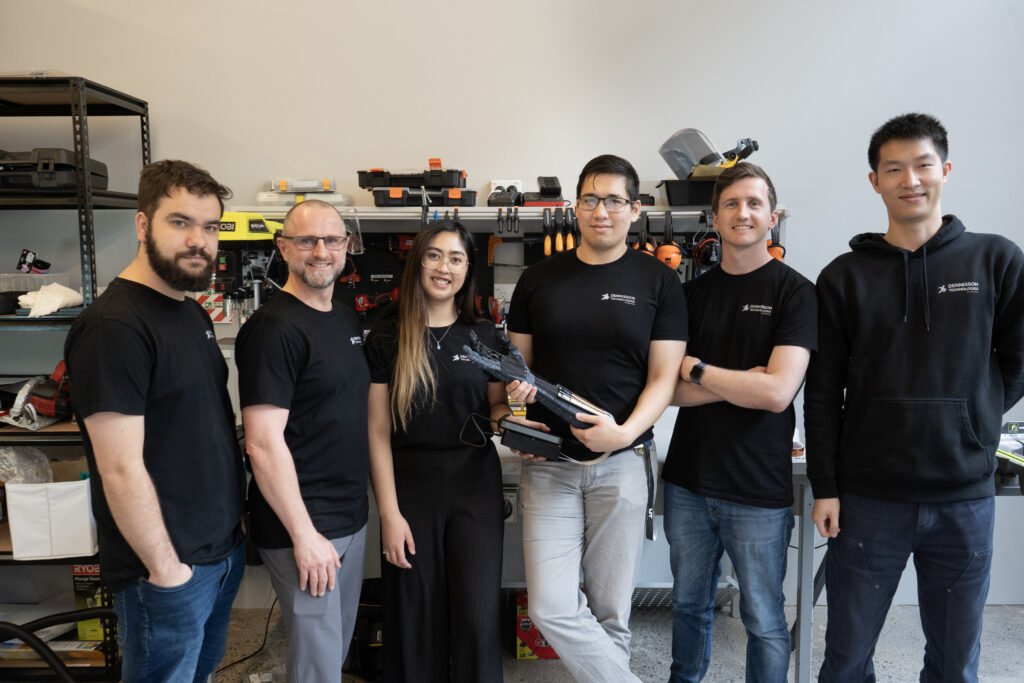
“It’s constant problem solving because of the level of technology. Sometimes we think we have one hurdle, and then we get into the crux of it and realise we actually have 20 hurdles. You just have to learn to thrive in the chaos. My mindset is that if things are going good and there’s no problems, we’re not looking hard enough.”
It can be hard to consistently face setbacks, but Anvil says his team overcomes this by having a shared vision and end goal as well as having their own personal motivations which allow them to continue to enjoy working on the projects even when things are going wrong.
“For me, my vision is my dad but I understand that’s not the same for everyone. I’m not getting my team to all help my dad, I want them to find their own purpose in the journey. It’s important to care for your team as not only employees but as people. Get to know them, have fun and crack jokes, understand their wants and needs, their weaknesses and how you can help with those weaknesses and uplift their strengths that’s key to staying focused long term.”
Dennisson Technologies has got to the stage where Anvil’s father has been able to trial one of the artificial muscle exoskeletons, however the technology needs further development. In the meantime the company is investing in ways which their technology could be useful to other markets such as adaptive fit (low-profile artificial muscles for clothing that can self-adjust to any body shape) and active compression (compression garments for sport). They now have key customers for this concept and have developed testing kits to pilot.
“One of the key use cases that was given to us was sport bras for female athletes. Every woman has a different body shape and having something that can adaptively fit to all of those differences is something we wanted to create. Our technology goes beyond having stretchable fabrics to something which is more functional and can auto-adjust to the body shape.”
Dennisson Technologies reached out to Kea to support their growth journey and Anvil says the connections he received really helped bridge the gap and allowed them to connect with some incredible global Kiwi who have given them invaluable insights and advice.
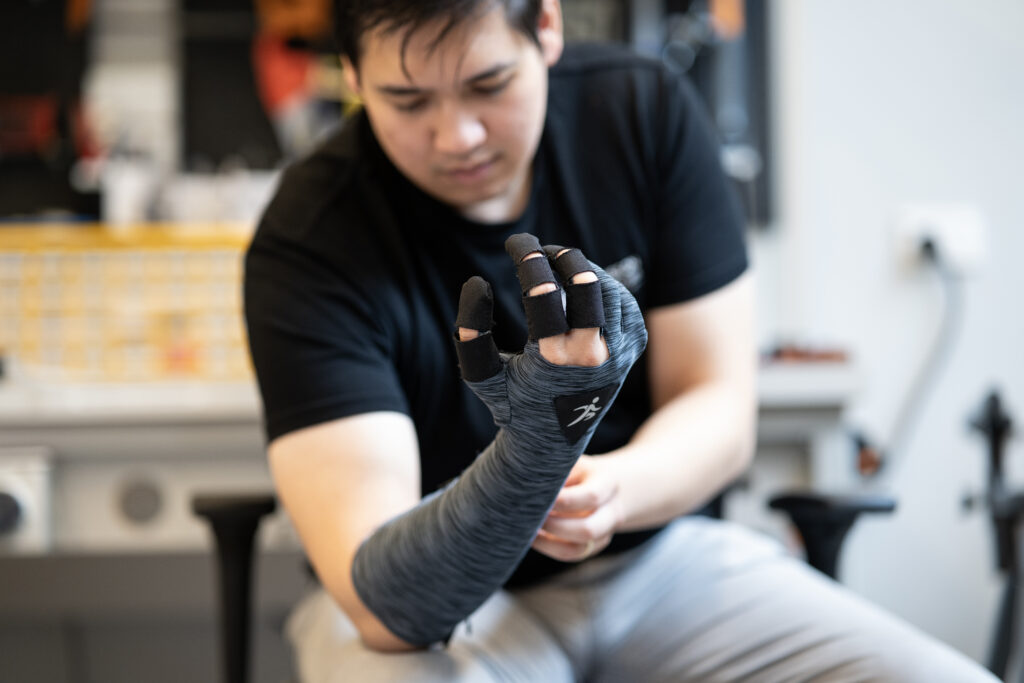
“Kea put me in front of the right people at the right time. I was able to connect with Directors of Innovation, Innovation Leads and different tech brands all who could support our journey or utilise our technology. Those introductions have led to some really valuable customer relationships.
“We are a country all the way at the bottom of the globe, to get a better appreciation of Kiwi all over the place doing some incredible things is just really inspiring. I felt really proud to be able to connect with all these amazing people who have been there and done that and are really willing to help get you sorted and encourage you to follow your own path.”
If you would like to test one of Dennison Technologies’ development kits, get in touch with Anvil Banez through Dennison’s website.

 MENU
MENU

